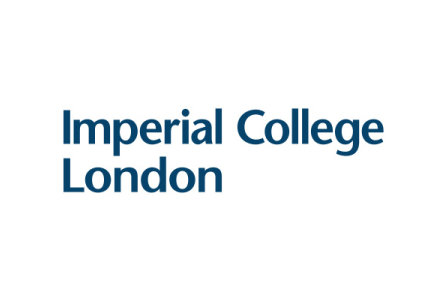Imperial College London: Imperial scientist to help study Venus in new planetary mission
The mission, which could launch as early as 2031, aims to determine whether our neighbouring planet was once habitable and to study how geological activity throughout time has driven the evolution of Venus’s climate and habitability. The team hope the mission will help us understand why Earth became the only known planet that can sustain life.
We now have the beginnings of a long-term exploration programme, which will enable important multi-scale observations of Venus’s interior, surface and atmosphere over many years to come.
Dr Philippa Mason
Department of Earth Science and Engineering
Researchers from Royal Holloway, University of London, the University of Oxford and Imperial will make key contributions to the mission, which has been selected as part of the European Space Agency’s (ESA) Cosmic Vision programme. With ESA mission costs of €610 million, EnVision aims to investigate Venus by researching past and present volcanic activity and tracking the key volcanic gases that sustain its clouds and hostile environment.
Mission Science Investigator Dr Philippa Mason of Imperial’s Department of Earth Science and Engineering said: “With not one but three new missions to Venus, we now have the beginnings of a long-term exploration programme, which will enable important multi-scale observations of Venus’s interior, surface and atmosphere over many years to come. We therefore hope that EnVision will stimulate interest among a whole new generation of planetary scientists.”
‘Unearthly neighbour’
Venus is the most Earth-like planet in size, composition, and distance to our Sun. When they initially formed, Earth and Venus were probably quite similar, with oceans of molten rock and thick atmospheres of carbon dioxide and steam. While Earth evolved to become the habitable planet we enjoy today, Venus may or may not have had a habitable phase with liquid water oceans before developing a runaway greenhouse effect which today cooks its surface to an inhospitable 450° Centigrade.
It is fascinating to consider just how many similarities Venus shares with our Earth, and what its secrets could tell us about our climate
Amanda Solloway
UK Science Minister
UK Science Minister Amanda Solloway said: “I’m proud that once again, British scientists have been chosen to play a leading role in a mission that will expand humankind’s understanding of the universe.
“It is fascinating to consider just how many similarities Venus shares with our Earth, and what its secrets could tell us about our climate as well as what makes our planet so special to be able to sustain life.”
Working with European and American scientists, the UK team will compare geologic and atmospheric processes to those on Earth and other planets and aim to discover more about how interactions between its interior, surface and atmosphere have shaped its evolution.
Onboard equipment
An imaging Synthetic Aperture Radar (VenSAR) which will see through the clouds to map the surface of the planet.
A Subsurface Radar Sounder (SRS) to penetrate the top kilometre of the subsurface and search for underground layering, structures and buried geological features.
Three spectrometers to map surface geologic composition and track key gases, including searching for volcanic gas plumes above and below the clouds, supported by radio measurements of cloud composition.
Lead project scientist Professor Richard Ghail at Royal Holloway said: “Europe’s Earth Observation programme – the Sentinels – show us just how interconnected the geology and climate of our planet are. EnVision will take that experience to Venus to make sense of our most unearthly neighbour, and so help us understand what makes our own world so special.”
Data will be collected by an orbiter called EnVision, which is expected to launch in 2031. It will take 15 months to reach Venus, where it will take a further 16 months of aerobraking to get into its low circular orbit. Once this stage is achieved, the satellite will start its four-year scientific study.

